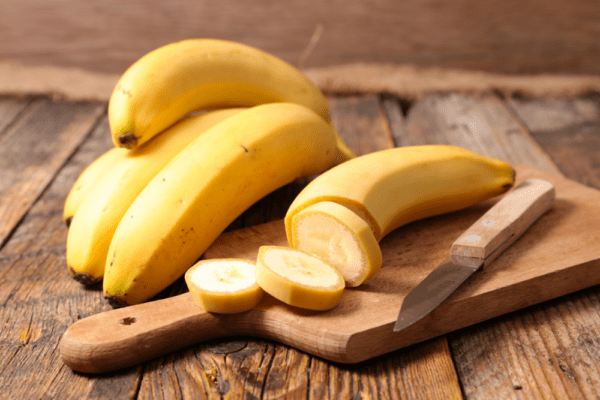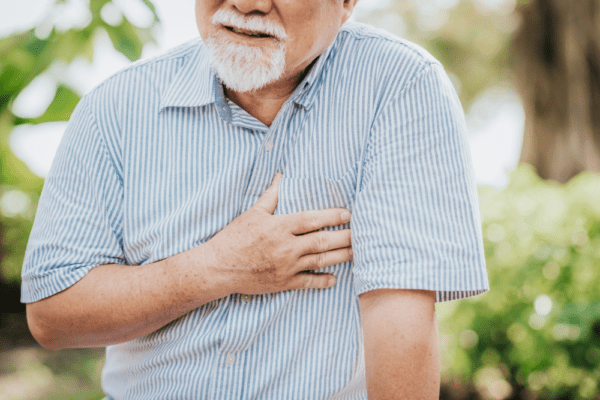Traveler’s diarrhea is an infection which commonly affects international travelers. The curse of the traveler affects about 50% of people who travel to more developing countries, earning many nicknames such as “Montezuma’s Revenge”, “Pharaoh’s Revenge” and the most famous “Delhi Belly”. To suffer diarrhea is not an ideal situation for anyone, let alone if it catches you during your travel trips. Traveler’s diarrhea is often caused by consuming contaminated food and unfiltered water. More than a disease itself, it is usually a symptom of infection induced food poisoning, E coli bacteria and other viruses and parasites.
Any dramatic change in your immediate weather and sanitary habits that your body isn’t familiar with when visiting a new place, puts you in a higher risk of experiencing traveler’s diarrhea. This condition however is not fatal and gets resolved on its own within a couple of days. As diarrhea causes your body to lose its water content, hydration is key to overcome such adversity.
What are the symptoms for the traveler’s curse?
Traveler’s diarrhea can occur anytime during your trip or shortly after you return home. Similar to normal bouts of diarrhea, symptoms to be cautious about traveler’s diarrhea include:
- Passing of three or more stools within 24 hours.
- Urgent need to defecate.
- Abdominal cramps, extreme fatigue, and decreased appetite.
- Vomiting and high fever.
What can you do to prevent traveler’s diarrhea?
When it comes to such infections, taking prior precautions is better than aftercare. The destinations that run a high risk for traveler’s diarrhea include the regions of Latin America, Asia, Africa, and parts of the Middle East.
If you have any backpacking trips lined up and dreading the case of a bad Delhi Belly, you can take the following measures to struck down your chances and enjoy the trip you actually envisioned.
- Be cautious of adding ice to your water or other beverages for the ice cubes could be contaminated. Bottled water is the safest choice; using straws rather than drinking straight out of the glass also helps. If for some reason bottled water is not available, boil the water for a good 3-4 minutes to kill the potential bacteria present in the water.
- Avoid eating food from the local street shops and vendors. Be careful of undercooked meat and fish as well as few dairy products if they’re not pasteurized.
- Washing hands thoroughly before touching any kind of food, keeping hand sanitizers or disinfectant wipes are a rule of the thumb.
- During any medical emergency, it is our first instinct to turn a quack and self diagnose. However, health expert’s advice not to take antibiotics as it can have side effects like allergic reactions, sensitivity to sun, and even vaginal yeast infections.
- It is also advised to be wary of medicines like bismuth subsalicylate or Pepto-Bismol. While it can provide relief, it can also lead to other effects like discoloration of tongue, black stool, and even developing salicylate toxicity.
Lifestyle and Home Remedies
Staying well-hydrated is the go-to solution for complications of diarrhea. Fluids like Oral Rehydration Salts (ORS) are a beneficial way to replace the lost fluids. Keep drinking fruit juices, soups, tea, and decaffeinated drinks to help with retain the hydration levels. And when your diarrhea improves, include easy-to-eat foods like bananas, cereals, rice, potatoes, and toast or bread.
If you’re case doesn’t improve or your diarrhea is severe, call a doctor to make an appointment.



